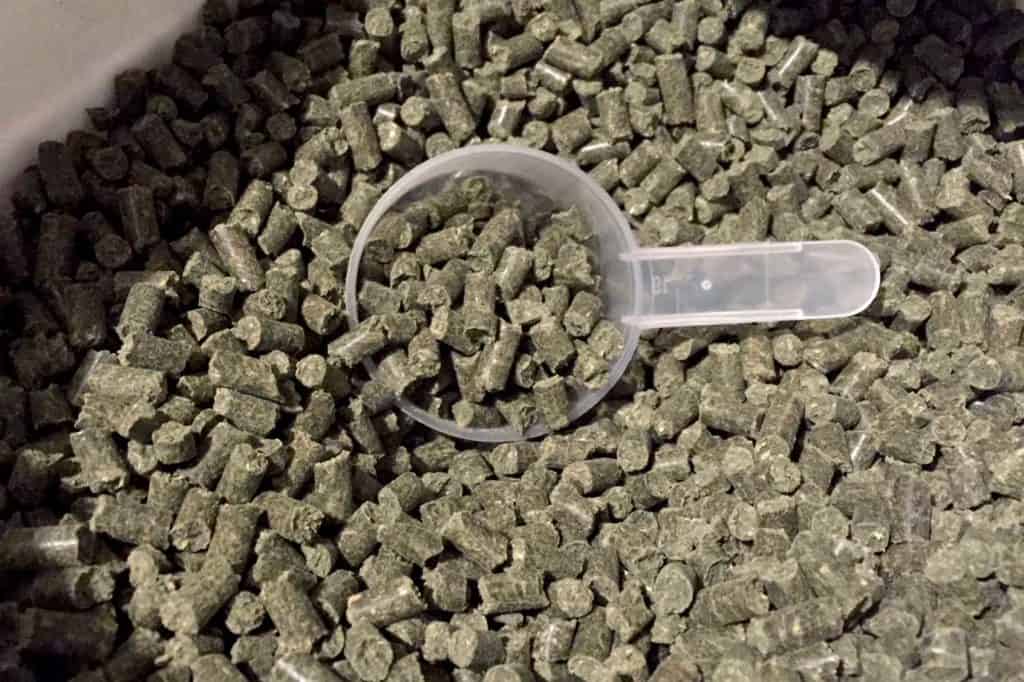
How to Choose Quality Nutritional Supplements for Your Horse
Use SMART supplementation strategies and the ACCLAIM system to find a quality product.
Proper feeding practices for foals, adult horses, and older horses

Use SMART supplementation strategies and the ACCLAIM system to find a quality product.

Scientists are studying the safety, efficacy, mechanisms of action, and pharmacokinetics of equine nutritional supplements.

Your horse needs essential nutrients from the diet to stay healthy. An equine nutritionist explains how to meet those needs through proper feeding.

Horses need a variety of minerals in their diet to support basic system function and overall health. Find out how to be sure your horse is getting them.

Equine metabolic syndrome (EMS) is a metabolic disorder in horses that can cause obesity, insulin dysregulation, and laminitis. Sponsored by Equithrive.

Researchers continue to learn how the components of a horse’s diet can help battle inflammation. Learn more in The Horse‘s 2025 Older Horse Issue.

Does your old horse need additional vitamin supplementation in his later years? An equine nutritionist shares how to ensure your senior horse gets the nutrition he needs.

The latest research-based recommendations on managing equine metabolic syndrome and insulin dysregulation. Sponsored by Equithrive.

Here’s why you should consider how closely horses graze, along with compost, water, and rest to cultivate healthy soil in horse pastures.

Abruptly putting a horse on pasture can lead to colic or laminitis. Here’s advice to help avoid health problems.

Find out how to make the weaning transition smoother for foals by meeting their nutritional needs.

Horses with cellulitis need medical intervention from a veterinarian, but these efforts can be supported through a balanced diet. Here’s why.

These 5 steps can help you prevent and eliminate odors on your farm and create a cleaner space for your horses.

One reader wants to know how she can manage her metabolic horse that is also prone to gastric ulcers. Here’s what she should consider.

Learn how to store hay and grain properly—keeping nutrients in and mold, rodents, and spoilage out.

Do you have a horse with flaky skin and a dry mane and tail? The right feed might help.
Stay on top of the most recent Horse Health news with
"*" indicates required fields